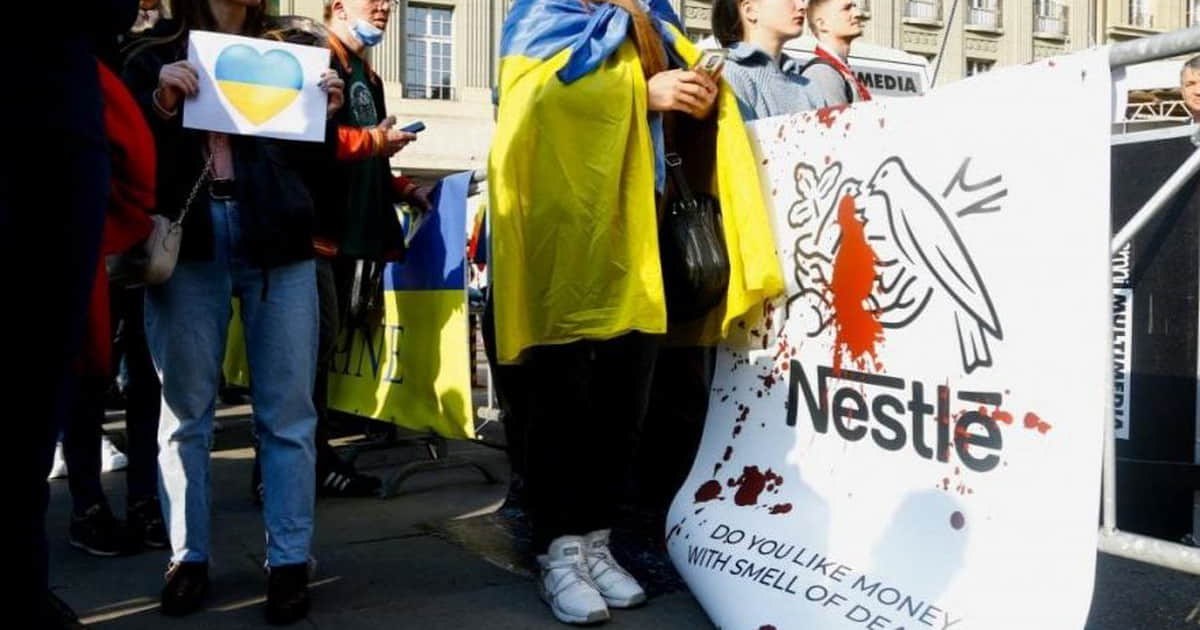How Hungary initiated the destruction of the list of Russia's budget sponsors

This week, the Ukrainian government has announced a long-awaited decision, especially by Ukrainian diplomats and their Western counterparts. It is still unclear though and doesn't make any sense for many Ukrainians what the reason behind it is. It is about Ukraine's decision to close and no longer continue the registry of so-called "international sponsors of war" soon.
This is happening under pressure from certain Western partners, whose voice and assistance Ukraine directly depends on. But a new threat has emerged now. Read more about it in the analysis by Sergiy Sydorenko, European Pravda's editor - Ukraine closes the registry of "war sponsors." Why this decision is threatening, and whether it bears many risks.
The Sanctions website of the National Agency for the Prevention of Corruption (NAPC) still works wihtout any changes. The list of "international sponsors of war" is still there. Moreover, the Agency publicly denies having made any decisions!
On Tuesday evening, the government's website announced that the National Agency for the Prevention of Corruption (NAPC) is ceasing to oversee one of its products - the registry of "international sponsors of war". The agency works independently from the executive branch, so neither the Prime Minister nor the government can give it any instructions or orders, reminded Olexandr Novikov, a former NAPC official, expressing his outrage in a conversation with European Pravda. The government of Denis Shmyhal, however, in its statement, has legally come very close to the red line, but has not crossed it.
And the Cabinet of Ministers public statement rather looks like an attempt to push the new NAPC head, Viktor Pavlushyk, to make an unpopular decision. It all started last autumn. On 2 October, at a EU Foreign Affairs Council meeting in Ukraine, when the Hungarians issued an ultimatum: Ukraine must remove the Hungarian OTP Bank from the list of " sponsors of war" so that Hungary unlocks 500 million euros for purchasing weapons for the Armed Forces of Ukraine.
They pressured NAPC, and the bank was removed from the register. The Hungarian blackmail worked out. But the Hungarians's manipulation has worked again.
Even though Ukraine has fully met their next condition, Hungarian Foreign Minister Peter Szijjarto came up with a new one, demanding to sign a written agreement not to include the bank or other Hungarian companies in this list in the future. The EU saw Hungary's lack of commitment and that they were blocking Ukraine for entirely different reasons than declared. The EU has also realised thay it needed a different mechanism for joint arm procurement, but the negotiations on this matter are still ongoing.
The Hungarians at the meeting in Kyiv opposed a new sanction package, also explaining it by the "OTP case." But the scariest thing was that EU ministers saw themselves that NAPC could adjust the list of "sponsors of war" over the phone. France, Austria, Greece and even China started complaing, too.
So, the registry independence was undermined. And the Hungarian precedent laid the beginning of this irreversible process. It's also not worth dramatasing the registry closure though.
It was a useful tool, the effectiveness of which is now questionable. And this does not mean that other NAPC sanction tools have lost their significance. But now the entire titanic work of NAPC regarding the sanctions website, investigations into arms component procurement, searching for artworks owned by Russian oligarchs, and so on are jeopardised.
And when on Friday, 15 March, at an expanded government meeting, attended by foreign diplomats, the Ministry of Justice raised the issue of the lack of grounds for conducting sanction issues by NAPC, emotions ran high in the hall. But the fact that the agency lacks authority is undeniable. Hence the government's announcement that, supposedly, there is an idea to hand over the entire sanction package to someone else, such as the National Security and Defence Council (NSDC).
And that's why this idea has not been implemented so far, as it was not something that the Agency had planned in advance. But the problem with the government's idea is that, in reality, they don't want to hand over the registry of "sponsors," but to kill it. And if they kill all other sanction bases developed by an independent agency along with it, it will be counterproductive and simply won't make sense.
If you notice an error, select the required text and press Ctrl + Enter to report it to the editors.